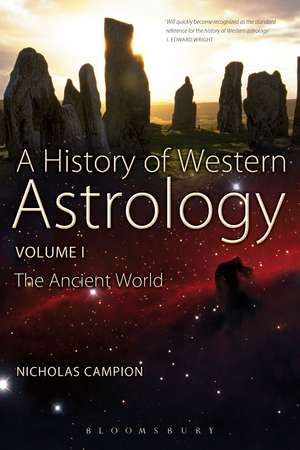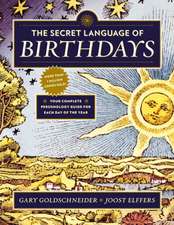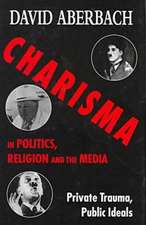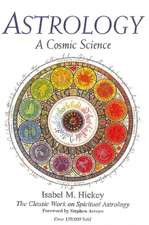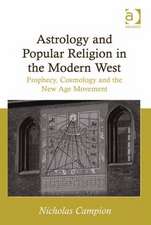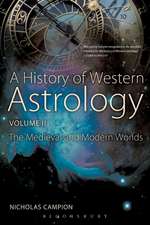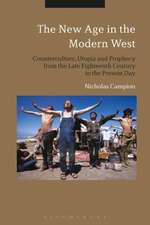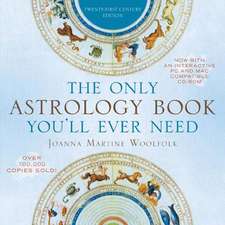A History of Western Astrology Volume I: The Ancient and Classical Worlds
Autor Dr Nicholas Campionen Limba Engleză Paperback – 15 apr 2009
This is the first comprehensive examination of astrology's origins and it examines the foundations of a major feature of popular culture in the contemporary west, one which has its origins in the ancient world. Campion explores the relationship between astrology and religion, magic and science, and explores its use in politics and the arts.
Beginning with the theories of the origins of religion in sun-worship, it spans the period between the first Paleolithic lunar counters around 30,000 BC and the end of the classical world and rise of Christianity. Campion challenges the idea that astrology was invented by the Greeks, and asks whether its origins lie in Near-Eastern religion, or whether it can be considered a decadent Eastern import to the West. He considers the evidence for reverence for the stars in Neolithic culture, Mesopotamian astral divination, Egyptian stellar religion, and examines attitudes to astrology and celestial prophecy in the Bible. He considers such artefacts as the mysterious, 15,000-year-old 'Venus of Lauselle', the reasons for the orientation of the pyramids, the latest theories on Stonehenge as a sacred observatory, Greek theories of the ascent of the soul to the stars and the Roman emporer Nero's use of astrology to persecute his rivals.Preț: 163.62 lei
Preț vechi: 247.70 lei
-34% Nou
31.31€ • 32.76$ • 26.01£
Carte tipărită la comandă
Livrare economică 02-16 aprilie
Specificații
ISBN-10: 1441127372
Pagini: 400
Ilustrații: 10
Dimensiuni: 156 x 234 x 29 mm
Greutate: 0.63 kg
Editura: Bloomsbury Publishing
Colecția Continuum
Locul publicării:London, United Kingdom
Caracteristici
Notă biografică
Cuprins
Recenzii
Campion leaves few stones unturned and the large section of notes and the ample bibliography make these two volumes [History of Western Astrology Volume I and II] an excellent starting point for those who wish to dig deeper.
The advantage of Campion's work lies in its material wealth, including figures, themes and topics normally excluded from histories of astrology.
Descriere
This is the first comprehensive examination of astrology's origins and it examines the foundations of a major feature of popular culture in the contemporary west, one which has its origins in the ancient world. Campion explores the relationship between astrology and religion, magic and science, and explores its use in politics and the arts.
Beginning with the theories of the origins of religion in sun-worship, it spans the period between the first Paleolithic lunar counters around 30,000 BC and the end of the classical world and rise of Christianity. Campion challenges the idea that astrology was invented by the Greeks, and asks whether its origins lie in Near-Eastern religion, or whether it can be considered a decadent Eastern import to the West. He considers the evidence for reverence for the stars in Neolithic culture, Mesopotamian astral divination, Egyptian stellar religion, and examines attitudes to astrology and celestial prophecy in the Bible. He considers such artefacts as the mysterious, 15,000-year-old 'Venus of Lauselle', the reasons for the orientation of the pyramids, the latest theories on Stonehenge as a sacred observatory, Greek theories of the ascent of the soul to the stars and the Roman emporer Nero's use of astrology to persecute his rivals.
